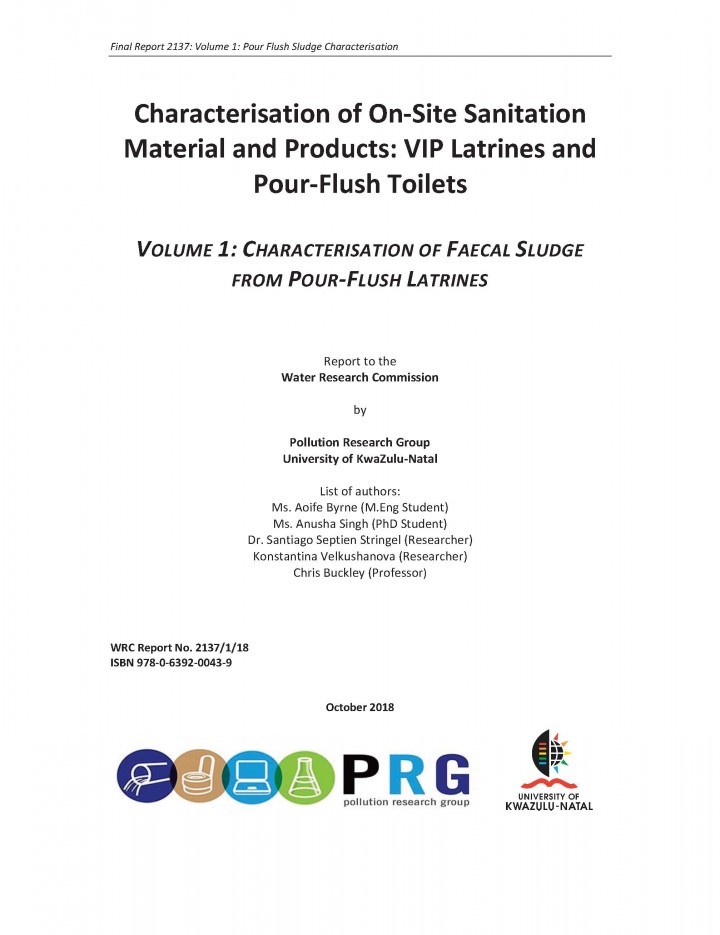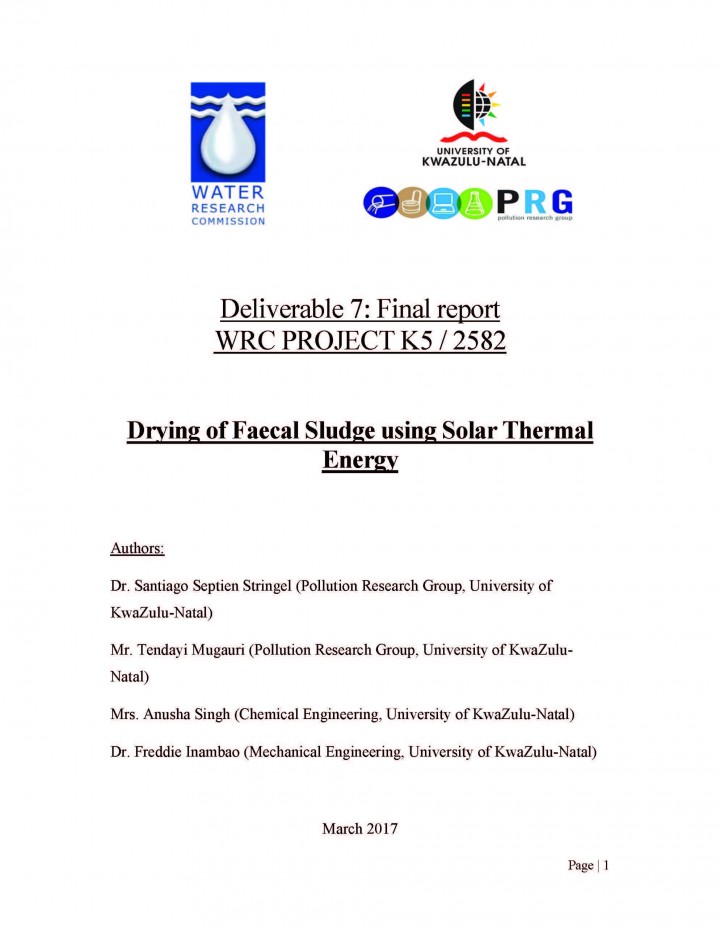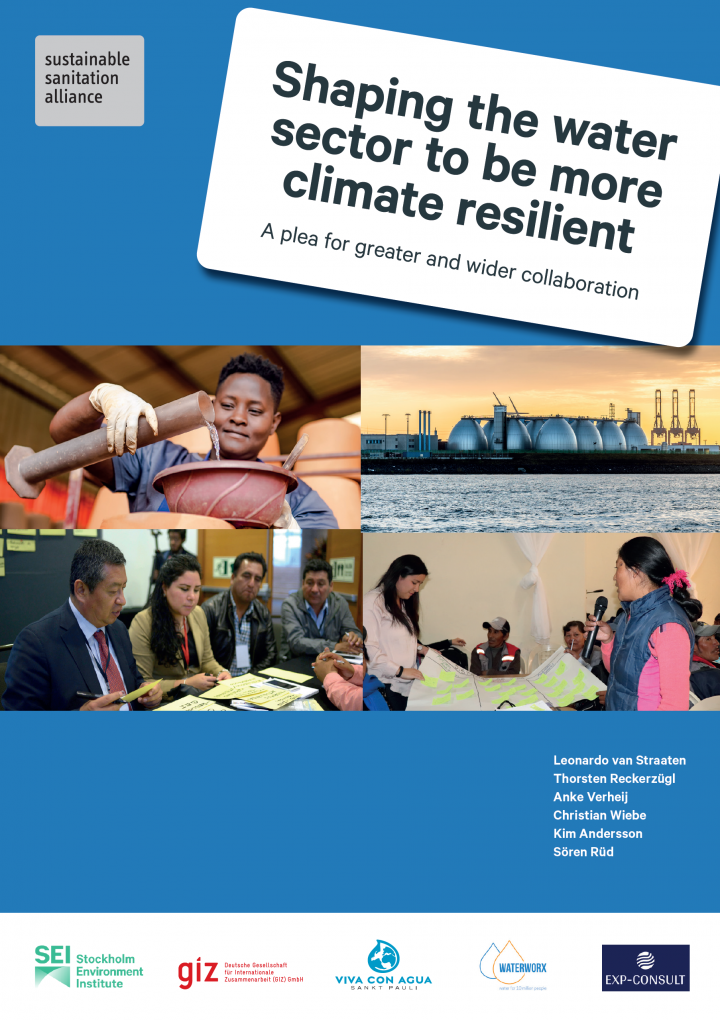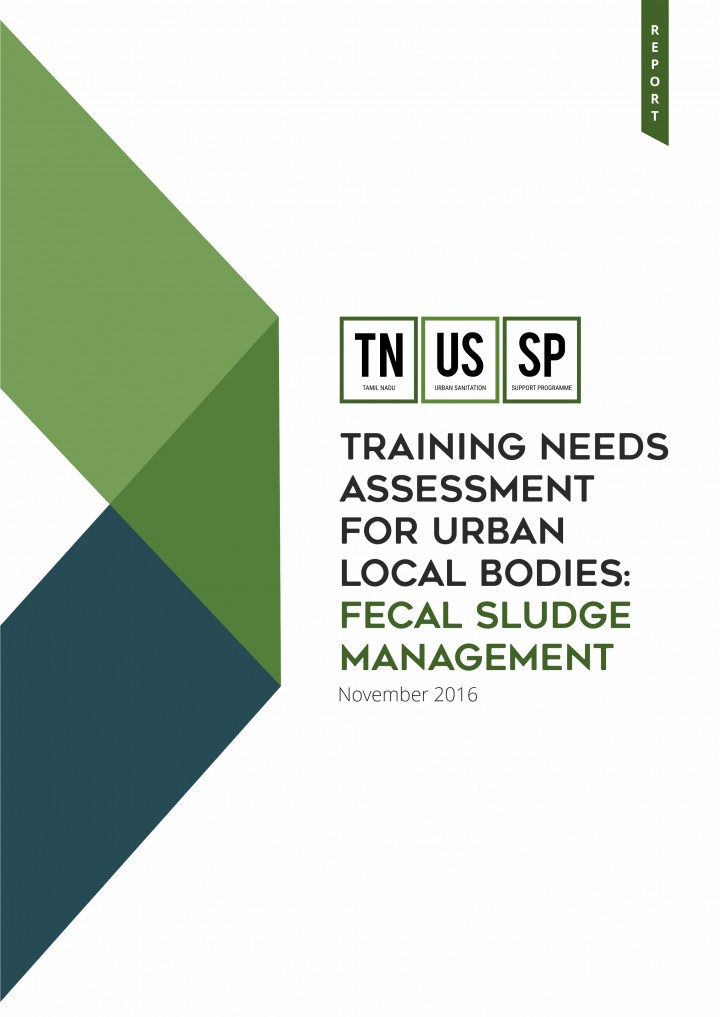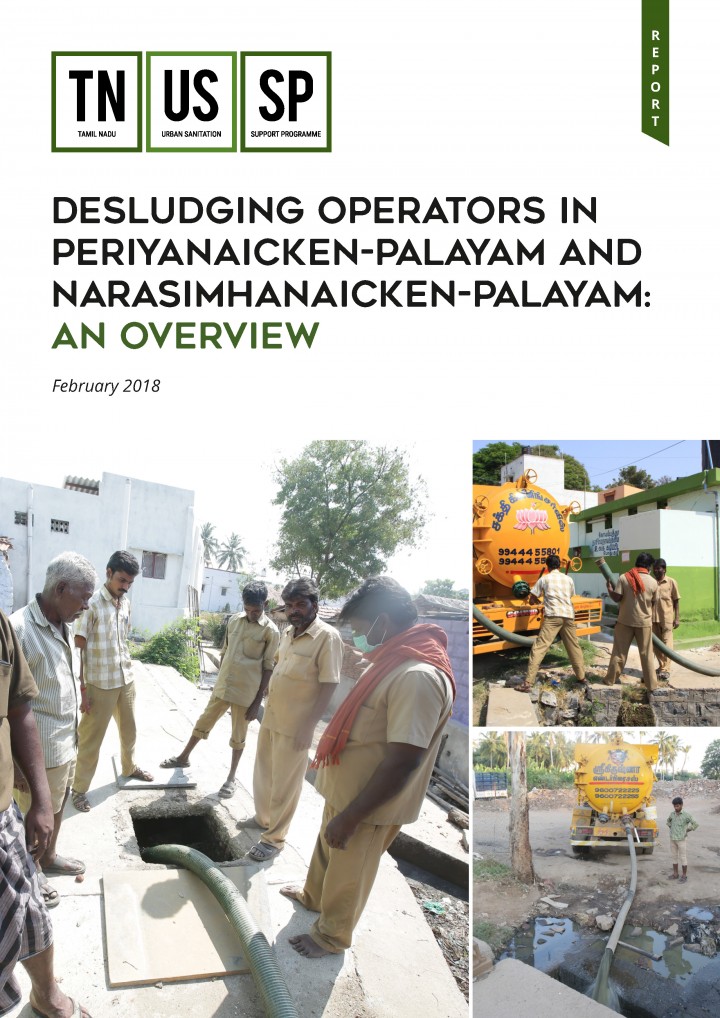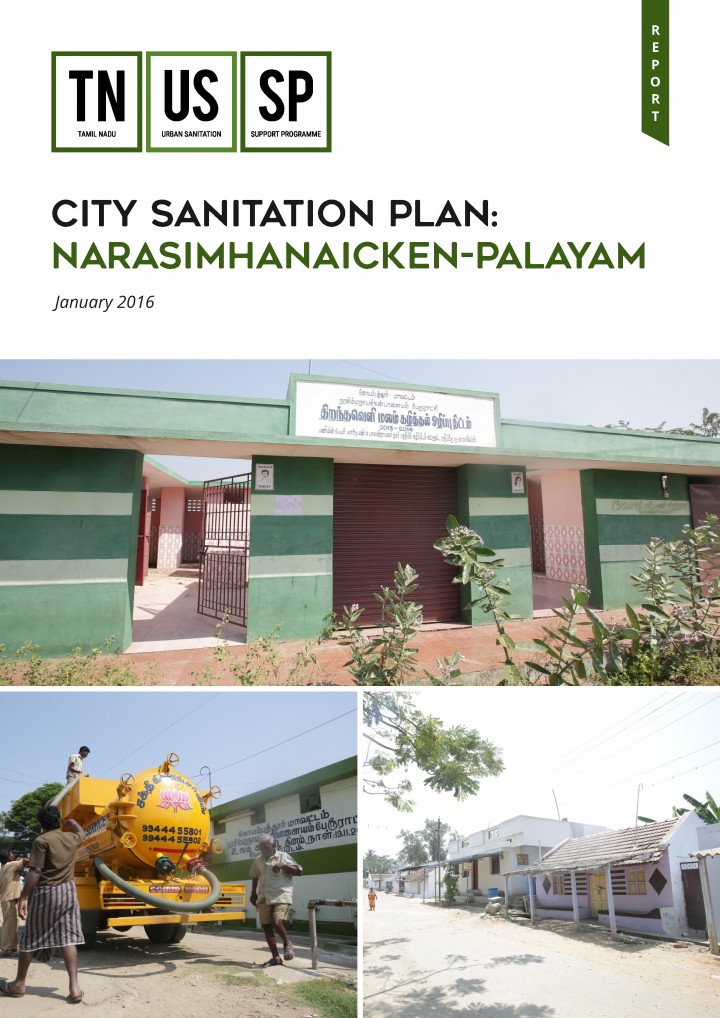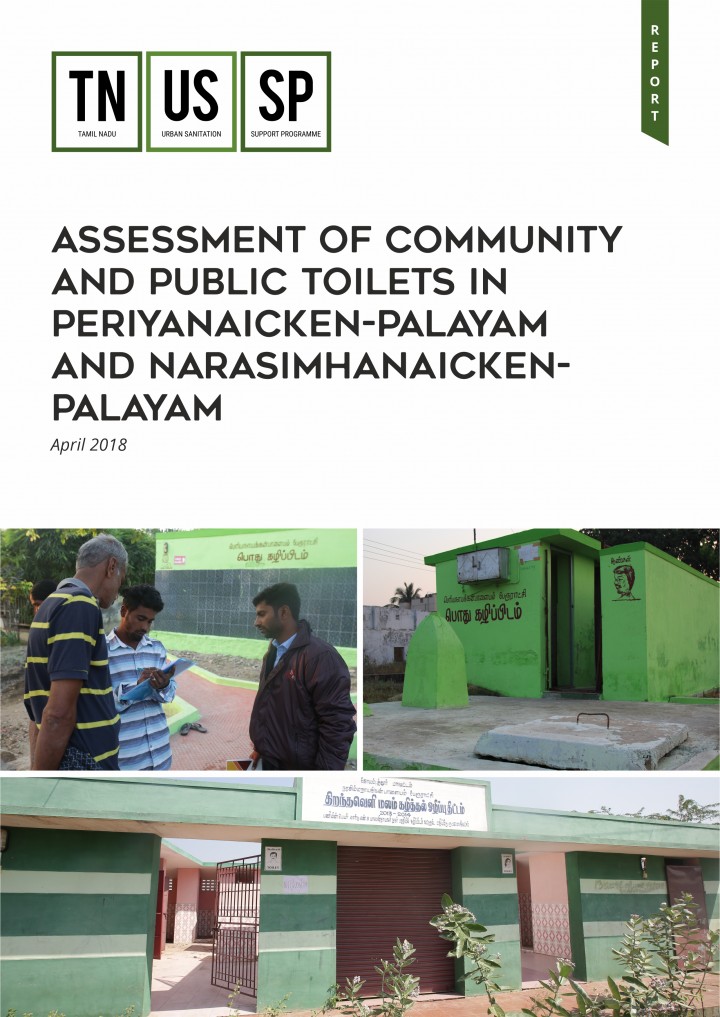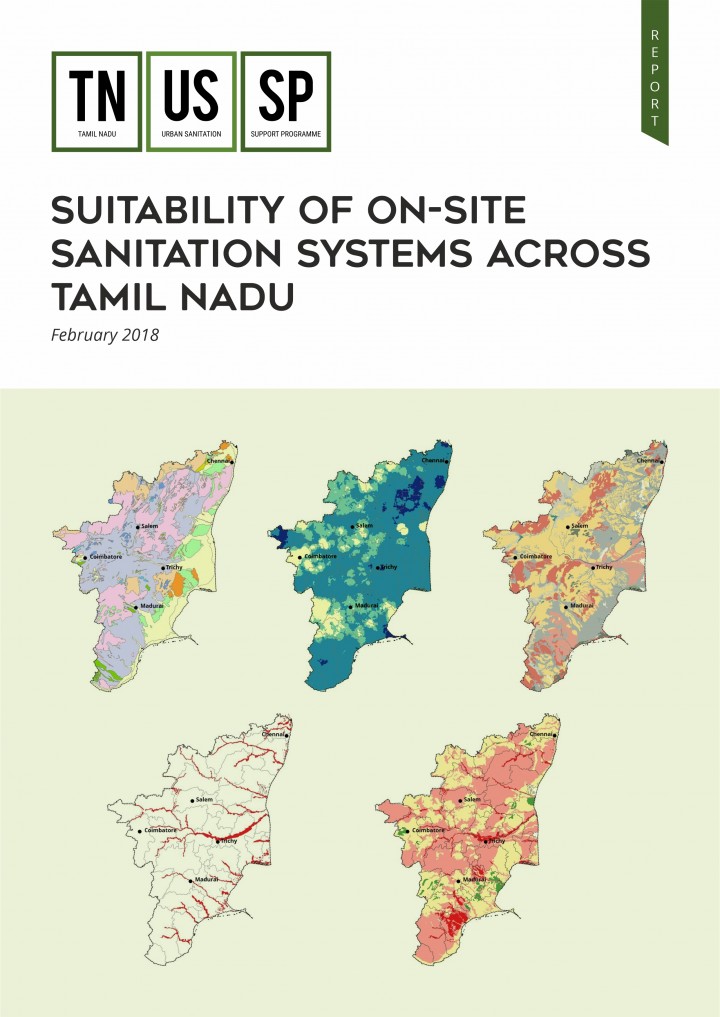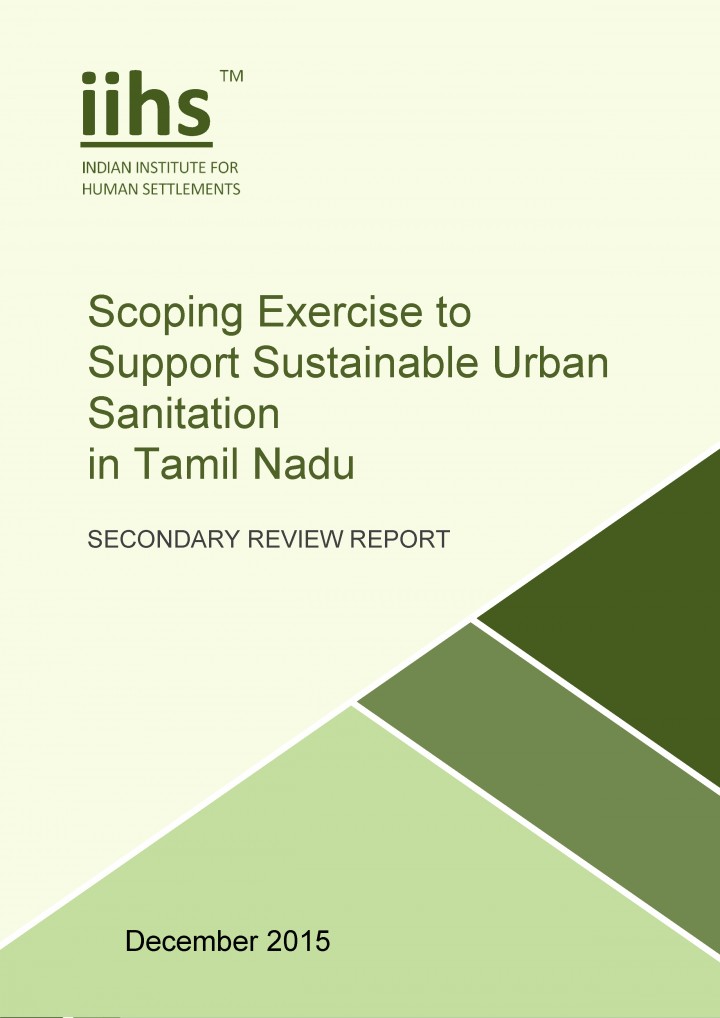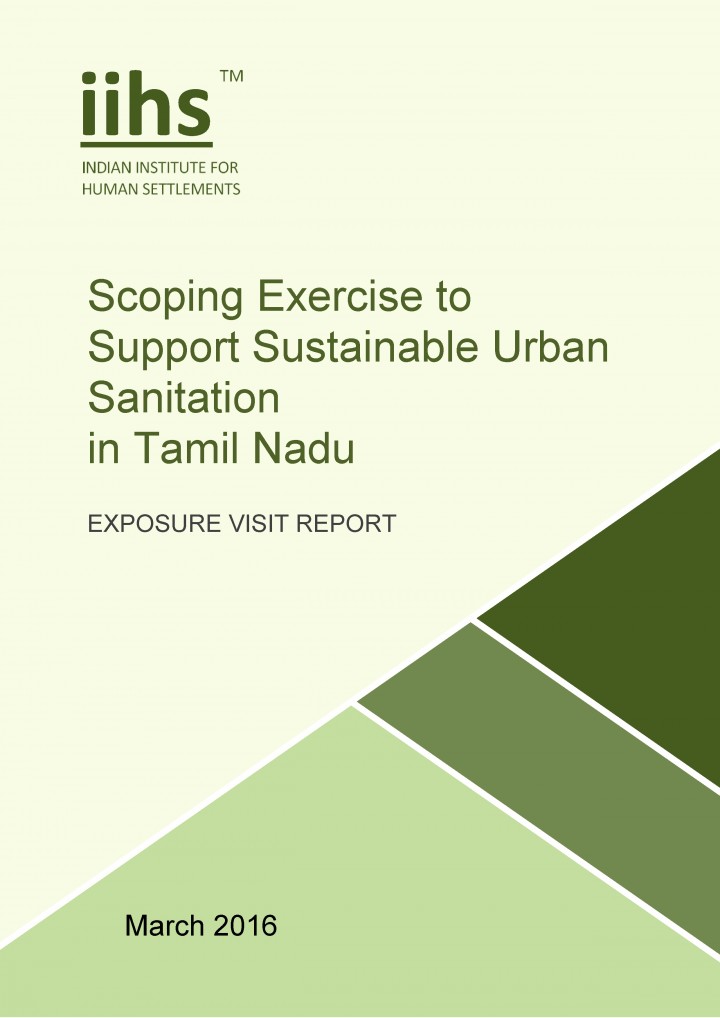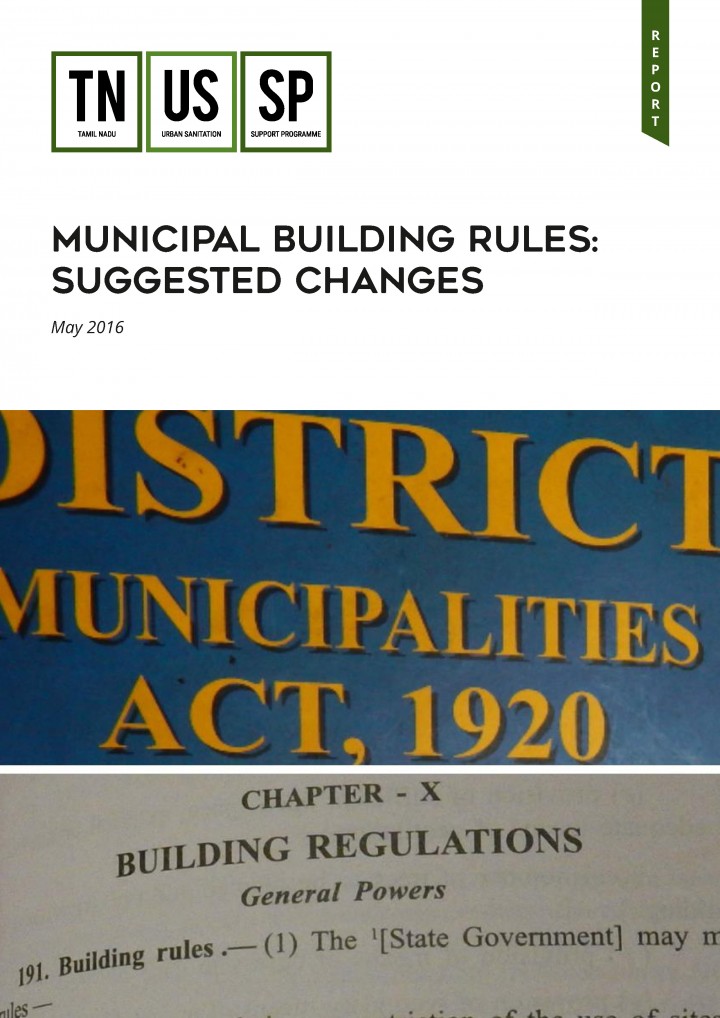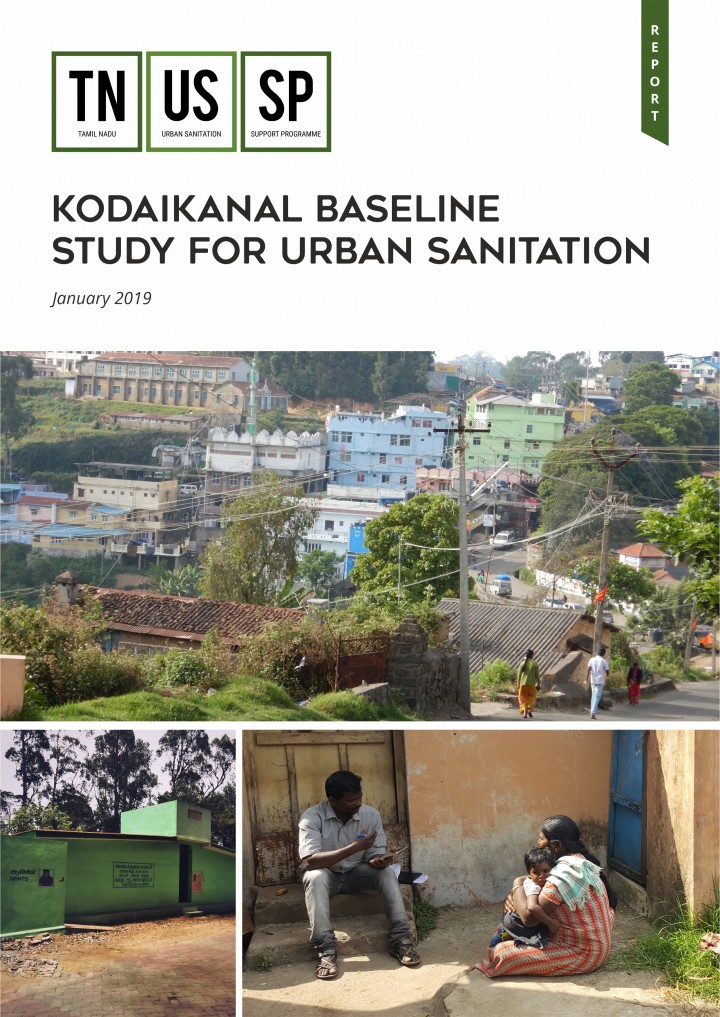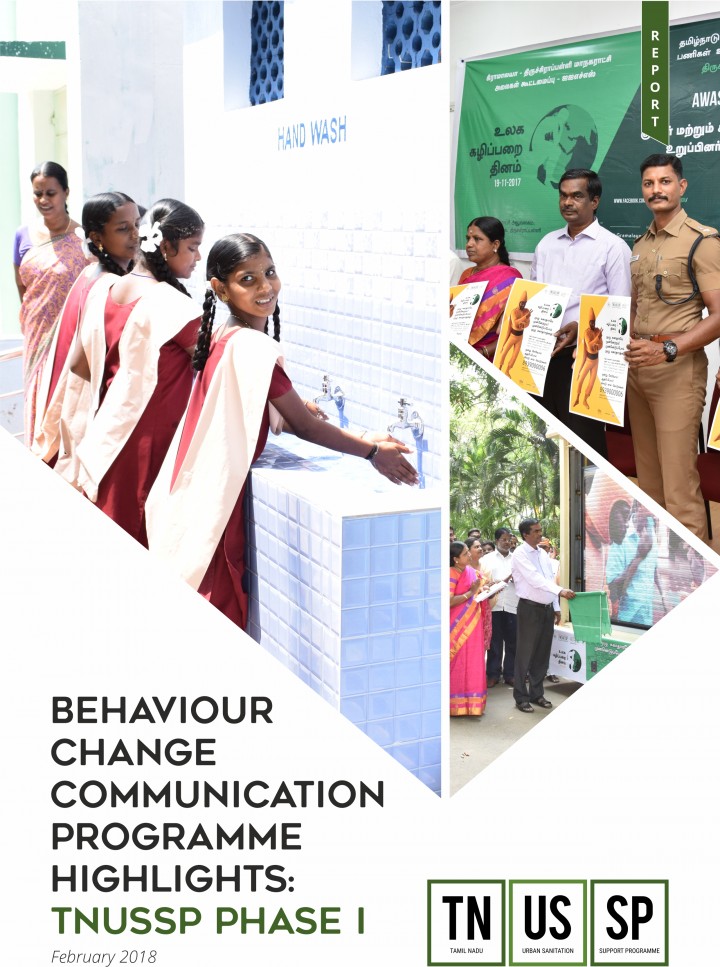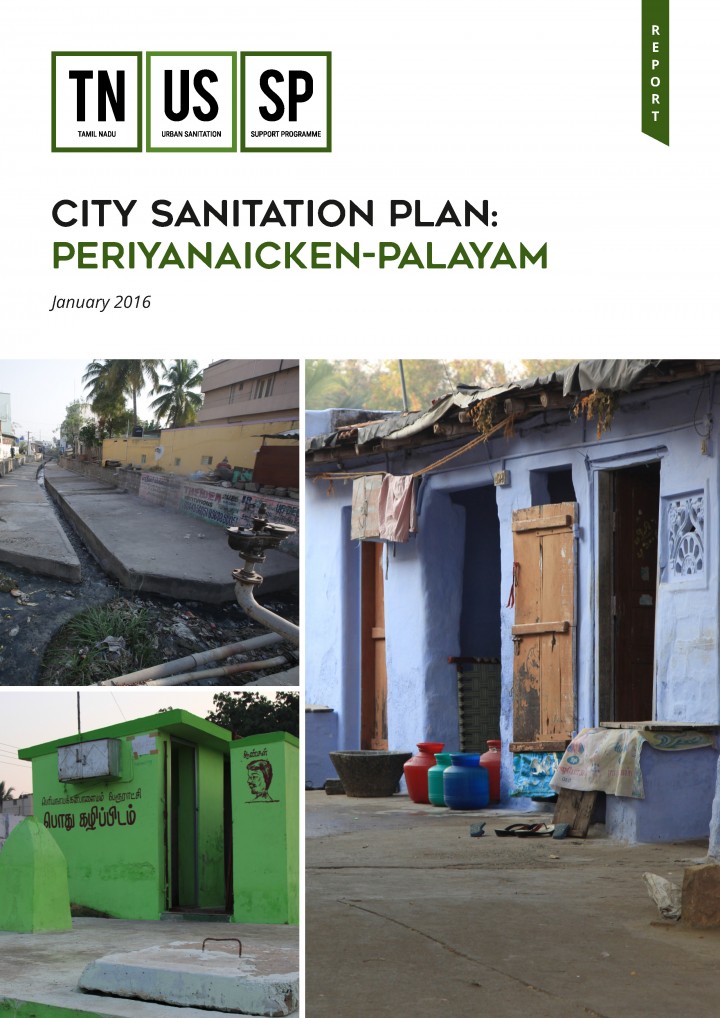Searching for information on Sanitation Workers?
The Sanitation Workers Knowledge + Learning Hub is the best source for all current news, trends, articles and updates on sanitation workers rights around the world.
This document will address RAINs guidelines towards water quality and will give practical
guidelines to improve and maintain an acceptable water quality of harvested rainwater for
drinking purpose. It will describe criteria for water quality of harvested rainwater, placed within
the socio-economic and geographical context of RAINs target countries. The most practical
approach of improving …
Ceramic filters have traditionally been used to treat household water in many countries, and are commonly available for purchase in both developed and developing countries. Currently, the most widely promoted household ceramic filters in the developing world are based on a design developed in Guatemala in 1981 by Dr. Fernando Mazariegos who, working with the Instituto Centro Americano de …
This Technical Brief is concerned with the typical small dam (up to about three metres high) which is built across a stream to form a reservoir. It provides guidance on planning, design and construction, but professional help should always be sought before building any dam whose failure could endanger lives, property or the environment. Care must also be taken to avoid the health hazards of …
This report from a research project funded by the Water Research Commission is divided into 2 volumes.
Volume 1:
In South Africa, the Pour-Flush system is viewed as an upgrade from the Ventilated Improved Pit latrine (VIP), which is the standard for basic sanitation in the country. PID successfully ran a pilot scheme involving the installation of approximately 25 Pour-Flush latrines in the …
A guideline based on the Swiss Re 2007 award winning pilot project “Water harvesting to improve livelihoods in southern Ethiopia: from pilots to mainstream” and large-scale implementation of sand dams in Kenya.
In the Kituï District of Kenya the SASOL (Sahelian Solutions) Foundation began constructing sand storage dams in 1995. Since this period, over 500 sand storage dams have been …
Previous blinded trials of household water treatment interventions in low-income settings have failed to detect a reduction in child diarrhoea. Technological advances have enabled the development of automated in-line chlorine dosers that can disinfect drinking water without electricity, while also allowing users to continue their typical water collection practices. We aimed to …
Decentralized drinking-water systems are an important element in the process of reaching the Millennium Development Goals, as centralized systems are often deficient or non-existent in developing and transition countries (DC and TC). Most water-quality problems are due to hygiene factors and pathogens. A range of decentralized systems is available to counter these problems, including thermal …
As part of its Technical Cooperation "Energy Efficiency for Caribbean Water and Sanitation Companies," the Sustainable Energy and Climate Change Initiative (SECCI) of the IDB financed the development of a regional methodology to improve energy efficiency and maintenance of water companies in Latin American and Caribbean countries. This methodology, developed by the consulting firms Econoler …
This manual is intended for technicians, builders, trainers, students and development
agencies dealing with site survey, design, construction and maintenance of:
-Hand-dug wells in deep sand,
-River-intakes with shaft in riverbank,
-Intake chambers with elevated water tank,
-Subsurface dams built of soil,
-Subsurface dams built of rubble stone masonry and
-Sand dams built of rubble stone …
Brackish water does not have an exact definition, but it is typically defined as distastefully salty but less saline than seawater (between 1,000 to 10,000 ppm [parts per million] in total dissolved solids [TDS]). In addition to certain surface water settings such as estuaries, brackish water can be found in aquifers. In some regions of the country with limited availability of freshwater, …
Solar thermal energy, an abundant and free source of energy in the world, particularly in a major part of developing countries, could supplement heat for drying purposes, leading to the decrease of the operating costs. In the sanitation sector, the use of solar energy for faecal sludge drying has been minimal, with only a few cases. Possible reasons for the low use of solar drying is the lack of …
Today, 1.42 billion people – including 450 million children – live in areas of high or extremely high water vulnerability. Less than 3 per cent of the world’s water resources is freshwater, and it is growing increasingly scarce.
Decades of misuse, poor management, over-extraction of groundwater and contamination of freshwater supplies have exacerbated water stress. At the same time, …
Celebrating World Water Day 2021 on March 22nd, six experts, backed by five organizations (Stockholm Environment Institute, GIZ, Viva con Agua, WaterWorX and EXP-Consult) present a plea for greater and wider collaboration to shape the water sector to become more climate resilient. Improved management of water and sanitation services is fundamental not only for climate change adaptation but also …
This report is a summary of a virtual meeting held on 9th September 2020, and hosted by the University of Leeds. The background information is found below.
In Phase 3 the SFD-PI are working to enhance the tools and resources available to support users to produce an SFD graphic. The inherent simplicity of the SFD should make it accessible to a wide range of stakeholders. However, the experience …
As part of the capacity building initiatives, a Training Needs Assessment (TNA) of officers in the Urban Local Bodies (ULBs) was conducted. The study was conducted at selected ULBs in the State, with an aim to identify the current capacity of the organisations to implement FSM. The TNA focused on the institutional, administrative, financial and human capacity of the ULBs and assessed the existing …
Safe collection and safe disposal of fecal sludge is a critical component of septage management in which desludging operators play a central role. In order to understand their work, consultations were conducted with desludging operators in the Periyanaicken Palayam and Narasimhanaicken Palayam town panchayats of Coimbatore district. These consultations aimed to understand the current desludging …
This document presents the City Sanitation Plan for NNP. NNP is one of the cluster towns selected for implementing fecal sludge management in Tamil Nadu. This plan is curated from the sanitation situation analysis, which included identifying major components of sanitation (water supply, storm water drainage and solid waste management), and analysing related issues and possible solutions.
TNUSSP carried an assessment of Community Toilets and Public Toilets facilities in the two town panchayats Periyanaicken-Palayam and Narasimhanaicken-Palayam in Coimbatore district. The assessment aimed to profile the facilities in terms of their existing infrastructure, waste and waste management, and operation and maintenance practices. Further, toilet usage patterns were analysed and exit …
On-site sanitation systems (OSS) remain the dominant household arrangement across the state of Tamil Nadu for urban sanitation. Given that these OSS are spread over different hydrogeological zones, factors such as aquifer systems, soil drainage characteristics, groundwater levels and flood hazard areas have a bearing on their suitability. A study was undertaken for the state of Tamil Nadu to …
The secondary review of urban sanitation in Tamil Nadu provides a situational analysis of the water and sanitation situation in urban areas of the State, situated in the context of economic growth, demographic change, natural resource endowments and their historical utilisation character. This study draws mainly from available secondary literature and data from government and other public …
In India, there is lack of demonstrated successful models with respect to FSM. Government stakeholders gaining exposure to robust FSM models in another developing country was envisaged as one of the key preparatory steps for the development and operationalisation of effective FSM systems in Tamil Nadu. This report presents the preparatory work undertaken to organise exposure visits for Government …
In order to effect improvements across the sanitation chain, an assessment was undertaken of the existing practices with respect to on-site containment structures. While already existing on-site structures need to be surveyed to ensure compliance with sanitary requirements, and enforcement in this regard has been taken up by ULBs in Tamil Nadu, another intervention identified was improvements to …
TNUSSP carried out a baseline study in Kodaikanal municipality to understand the current situation of access to sanitation and arrangements made for fecal sludge management in households and establishments. The findings from the study provide an overview of the gaps and challenges across the sanitation chain in Kodaikanal in effective implementation and monitoring of septage management.
BCC is a key component of the TNUSSP and seeks to address the issue of behaviour change through a range of approaches, of which communication campaigns and activities, targeted at appropriate segments, is an important part. This document broadly outlines the communication campaign and activities conducted at Tiruchirappalli, PNP and NNP.
The current document presents the City Sanitation Plan for PNP. PNP is one of the cluster towns selected for implementing fecal sludge management in Tamil Nadu. This plan is curated from the sanitation situation analysis which included identifying major components of sanitation (water supply, storm water drainage and solid waste management), issues related to it, and possible solutions.




